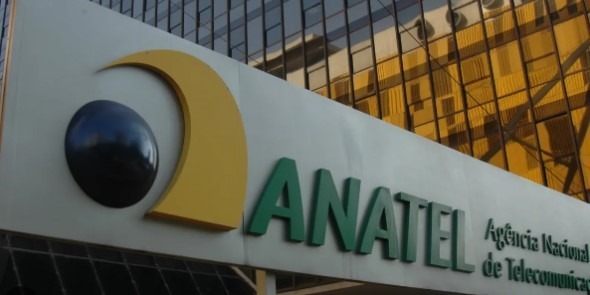Brazilian telecoms regulator Anatel (Agencia Nacional de Telecomunicacoes) has announced plans to accelerate the shutdown of the country’s legacy 2G and 3G mobile networks. Anatel’s Superintendence of Grants and Resources intends to issue subsidies to mobile operators, equipment vendors, and end users to expedite the transition from 2G and 3G to 4G and 5G technologies. This move is in line with global trends as mobile operators worldwide are phasing out 2G and 3G networks in favor of advanced standards like 4G and 5G.
 As of August 2023, Brazil has over 21.4 million active 2G subscriptions and 21 million 3G subscriptions. Anatel’s plan is aimed at promoting technological progress, improving spectrum efficiency, and meeting the demands of new applications and business models, supporting the country’s digital transformation efforts.
As of August 2023, Brazil has over 21.4 million active 2G subscriptions and 21 million 3G subscriptions. Anatel’s plan is aimed at promoting technological progress, improving spectrum efficiency, and meeting the demands of new applications and business models, supporting the country’s digital transformation efforts.
The regulator has initiated a 30-day feedback period on the proposal, during which stakeholders can provide input on the plan. The transition to more advanced mobile technologies is seen as essential for Brazil’s digital development and benefiting consumers, various economic sectors, and industries.
This move aligns with the global trend of phasing out 2G and 3G networks, making room for the more robust and versatile capabilities of 4G and 5G networks. These newer technologies not only enable faster data speeds but also support a broader spectrum of applications and services, including the Internet of Things (IoT), thereby driving innovation and connectivity.
Meanwhile, in Nigeria, a unique set of challenges exists that make the immediate sunset of 2G and 3G networks improbable. According to the latest statistics from the Nigerian Communications Commission (NCC), a significant 71.1% of mobile users in the country still rely on 2G and 3G networks. Specifically, 60.3% of subscribers remain on 2G, while 10% of the over 220 million subscriptions are on 3G. In contrast, 4G subscriptions account for only 28% of the total as of August 2023, and 5G, which was launched in 2022, constitutes a mere 0.83% of subscriptions.
To bolster the adoption of 4G and 5G technologies in Nigeria, several steps need to be taken.
There’s a need for substantial infrastructure investment to expand 4G coverage across the country, especially in underserved areas. The country has extensive internet capacity, thanks to seven submarine cables with a total capacity of 45.86 TBPS.
In addition, addressing affordability concerns is crucial, as many potential users may find 4G and 5G plans cost-prohibitive. 5G users frequently complain of the speed of use. Offering competitive pricing and affordable data packages can encourage migration to these advanced networks.
Additionally, educational campaigns can raise awareness among consumers about the benefits of 4G and 5G, highlighting their capacity to support faster internet speeds, high-quality video streaming, and a wide range of innovative applications. Policymakers can also play a vital role by creating an enabling environment that fosters investment in telecom infrastructure and ensures regulatory frameworks are conducive to the growth of 4G and 5G networks.
In conclusion, while Brazil is actively pursuing the sunset of its 2G and 3G networks to embrace 4G and 5G, Nigeria faces unique challenges due to a substantial reliance on legacy technologies. To boost the adoption of 4G and 5G in Nigeria, a combination of infrastructure development, affordability measures, education, and favorable policies will be essential to bridge the technological divide and drive digital progress in the nation.





